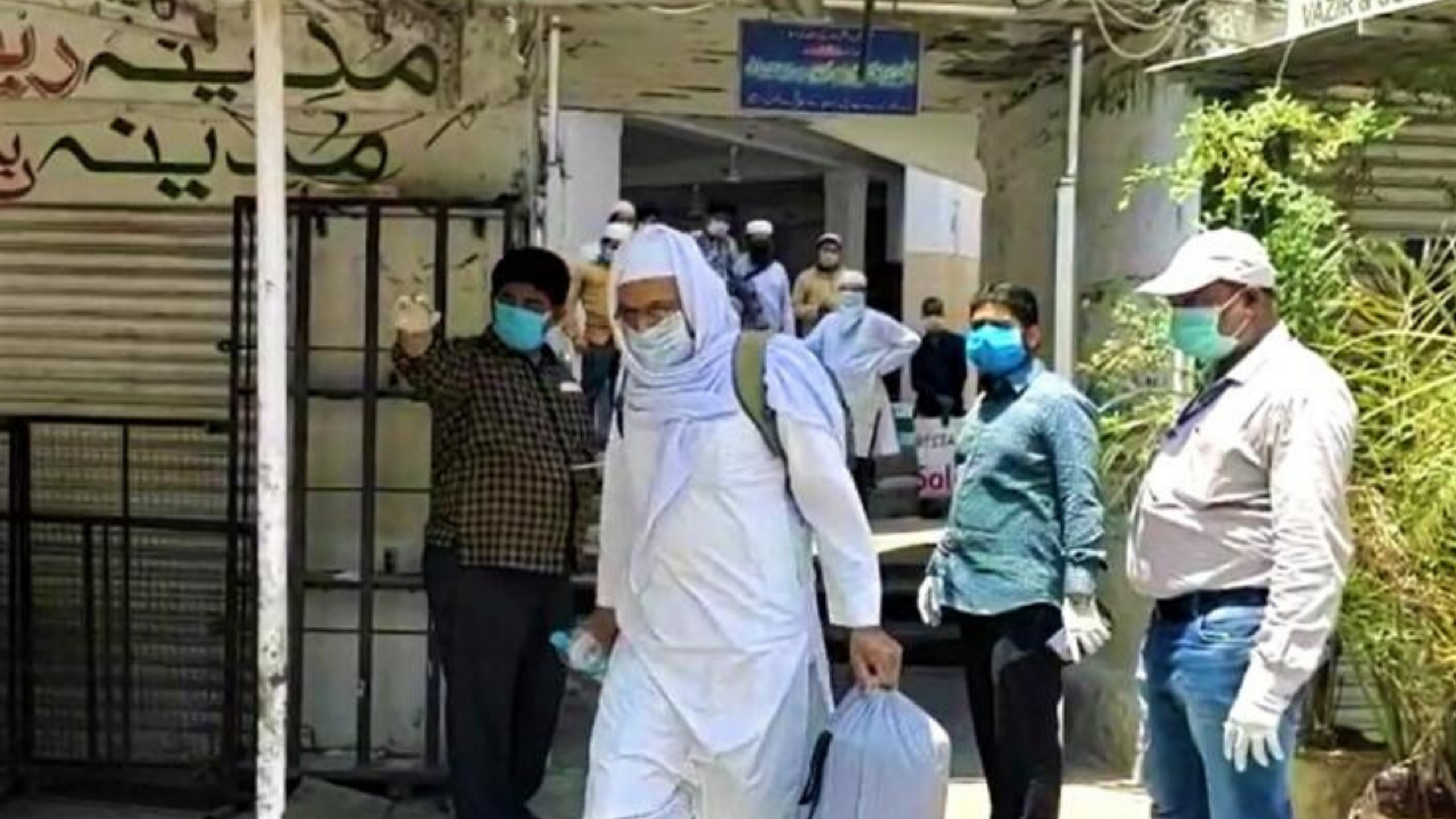11 Bangladeshi nationals who are members of Tablighi Jamaat were allowed to go home in accordance with a direction issued by a Lucknow court, after completing their jail term.
Members of Tablighi Jamaat were targeted and were subjected to a nationwide witch-hunt in the wake of a congregation held at the Jamaat’s headquarters in Delhi in which several individuals had contracted COVID-19.
The 11 were arrested on March 31 last year from a private guest house in Kajipur locality here where they had been staying after coming from Delhi’s Tablighi Jamaat congregation, Senior police official Ram Badan Singh said.
They were released from the jail in August, pending trial, but were not allowed to go home as the case was still going on, officials said, adding they were kept in the same guest house under police watch.
He also informed that cases were registered against 21 persons, which included the 11 Bangladeshi citizens, three Indians and those who had given shelter to them.
“The court of Chief Judicial Magistrate of Lucknow had punished the Jamatis with a fine of ₹ 1,500 each. The court said that since these people had completed their punishment, they can be sent outside India,” Mr Singh said.
In August last year, in a scathing rebuke of media, government and the police, the Bombay High Court slammed propaganda against Tablighi Jamaat, calling it ‘persecution’. The court also came down heavily against the government for making the Tablighi Jamaat attendees a scapegoat to serve their political interests. “A political government tries to find the scapegoat when there is a pandemic or calamity and the circumstances show that there is a probability that these foreigners were chosen to make them scapegoats…”
In December 2020, the Allahabad High Court held that charging a person who had participated in the Tablighi Jamaat convention with the offence of attempt to murder under the Indian Penal Code (IPC) prima facie reflects an abuse of power and stayed the criminal proceedings against the Tablighi member.
The court made the observation in the petition by a 15-year-old Tablighi member challenging the police chargesheet which had invoked Sections 307 (attempt to murder) and 270 (malignant act likely to spread infection of disease dangerous to life) of the IPC against the juvenile petitioner, Mohammad Sad.
Despite these judgements, the Tablighi Jamaat continue to be blamed for spreading the coronavirus in India.












